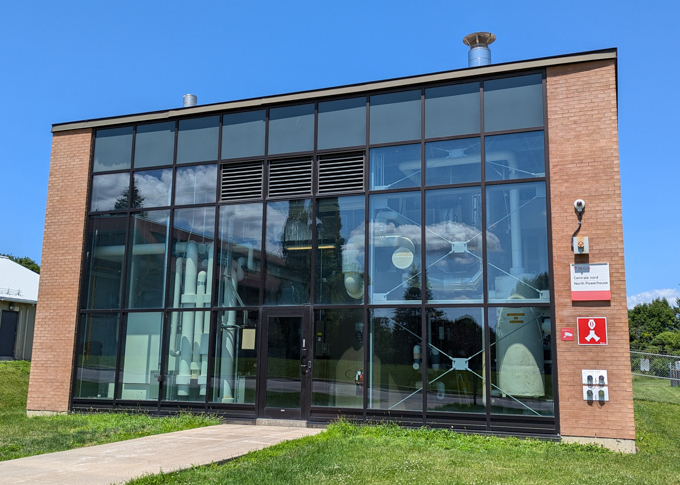McGill University – Macdonald Campus
Client: McGill University

Project description
The energy transformation project at McGill University’s Macdonald campus in Sainte-Anne-de-Bellevue consisted of a comprehensive energy-saving program to reduce the energy consumption of its facilities.
We conducted a detailed study of the energy consumption of the 30 buildings on campus (a total surface area of 106,000 m²), some of which date back to 1908. Over 42 measures were studied, and those implemented include replacing the central heating plant, converting the ventilation systems to variable flow, centralizing laboratory hood controls, converting peripheral heating to hot water and heat recovery from the growth chambers. All these measures reduced the environmental footprint while ensuring optimal operation of the campus facilities.
-
Characteristics and Impacts
McGill University’s ultimate goal is to render its campus carbon-neutral by 2040. The project has already reduced GHG emissions by 42%, representing 1,513 tonnes of GHGs annually, while reducing overall energy consumption by 30%. This educational institution benefits from over $500,000 in savings per year in addition to the environmental benefits.
The new Macdonald campus thermal power plant has completely renewed the campus’ assets: heat recovery from cooling processes, partial conversion of steam networks to water heating networks, condensation boilers and steam production for processes incorporating boilers with economizers. The project also provided an opportunity to convert several ventilation systems to variable flow and carry out a complete recommissioning of the controls.
This project was awarded an Honourable Mention in the 2018 Concours Énergia (Existing Building Category – Institutional Sector) by the Association québécoise pour la maîtrise de l’énergie.
Expertise
Location
Sainte-Anne-de-Bellevue, QC
